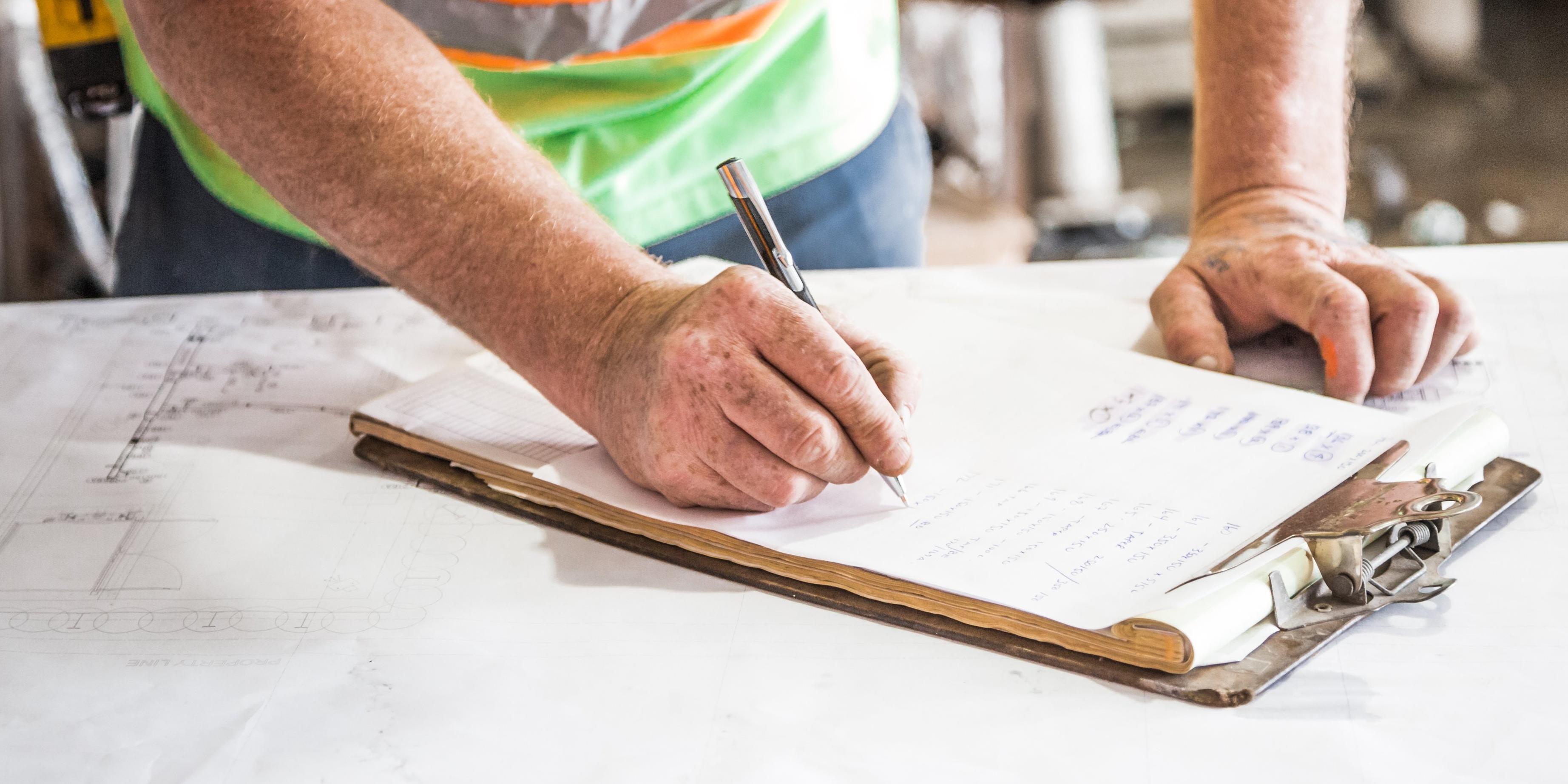Transitional arrangements reminder
Did you submit a building regulations application before 15 June 2022 in terms of the new FLOS requirements.
At the end of 2021, the government published new Approved Document F (covering ventilation) and L (covering energy efficiency). Both were in two volumes with 1. dealing with dwellings and 2. covering buildings other than dwellings. They were accompanied by an all-new Approved Document O (covering overheating in dwellings). New homes meeting the new standards should produce 31% less CO2 compared to those built to current standards. They also introduced Approved Document S (Infrastructure for charging electric vehicles).
The latest changes for new residential buildings are a step on the way to the Future Homes and Future Building Standards 2025, which are a set of standards that will complement the Building Regulations to ensure new homes built from 2025 will produce 75-80% less carbon emissions than homes delivered under current regulations.
When Approved Documents are updated or introduced, the Government puts in place Transitional Provisions specifying when the new regulations come into force. The regulations covered by these transitional arrangements are Parts F, L, O and S. This applies only to projects in England.
The Transitional Provisions mean that projects where a building regulations application was made before that date must be started on site before the 15th of June 2023 or the new regulations will apply.
This table also provides information on changes to other Approved Documents which you should be aware of.
| Approved Document, description, and volume | Takes effect from (i.e., application to be made to Building Control and registered before this date for the transitional provisions to apply. | Commencement of works date ( if application to BCB was before the take effect date and work commences on site before the commencement date below then the transitional provisions apply.) | Reference to circular letter from DLUHC for further information on transitional provisions. |
| Approved document B, volumes 1 and 2 2022 amendments | 1 December 2022 | 1 June 2023 | 02/2022 |
| Approved document F volumes 1 and 2, 2021 edition | 15 June 2022 | 15 June 2023 | 01/2022 |
| Approved document J, 2022 amendments | 1 October 2022 | 1 January 2023 | 03/2022 |
| Approved document L volumes 1 and 2, 2021 edition and 2023 amendments | 15 June 2022 | 15 June 2023 | 01/2022 |
| Approved document O, 2021 edition | 15 June 2022 | 15 June 2023 | 01/2022 |
| Approved document S, 2021 edition | 15 June 2022 | 15 June 2023 | 01/2022 |
| Approved document R, 2022 edition volumes 1 and 2 | 26 of December 2022 | 26 of December 2023 | 04/2022 |
Do all plots have to be commenced?
Where multiple dwellings or buildings are on a single application, work on each unit must have commenced for transitional provisions to apply - so for an application for 100 dwellings, work on all 100 units must have commenced before 15 June 2023.
If only 10 of these 100 dwellings have started, only these 10 can be built to the previous standards, the remainder must meet the new 2022 standards.
Foundations for blocks of flats is considered a start on all units within that block.
In the case of Part S (Infrastructure for charging electric vehicles) however, where multiple dwellings or buildings are on a single application, work on just one unit must have commenced for transitional provisions to apply to all units.
To demonstrate commencement you must have started one of the following for each plot:
- excavation for strip or trench foundations or for pad footings
- digging out and preparation of ground for raft foundations
- vibrofloatation (stone columns) piling, boring for piles or pile driving
- drainage work specific to the building(s) concerned.
The Government has confirmed that the following would not constitute a commencement for the purposes of building regulations:
- removal of vegetation
- demolition of any previous buildings on the site
- removal of top soil
- removal or treatment of contaminated soil
- excavation of trial holes
- dynamic compaction
- general site servicing works (e.g. roadways).
Use our postcode search to contact your LABC team where the project or work is based for specific guidance.
Sign up to the building bulletin newsletter
Over 48,000 construction professionals have already signed up for the LABC Building Bulletin.
Join them and receive useful tips, practical technical information and industry news by email once every 6 weeks.
Subscribe to the Building Bulletin




Comments
Add new comment